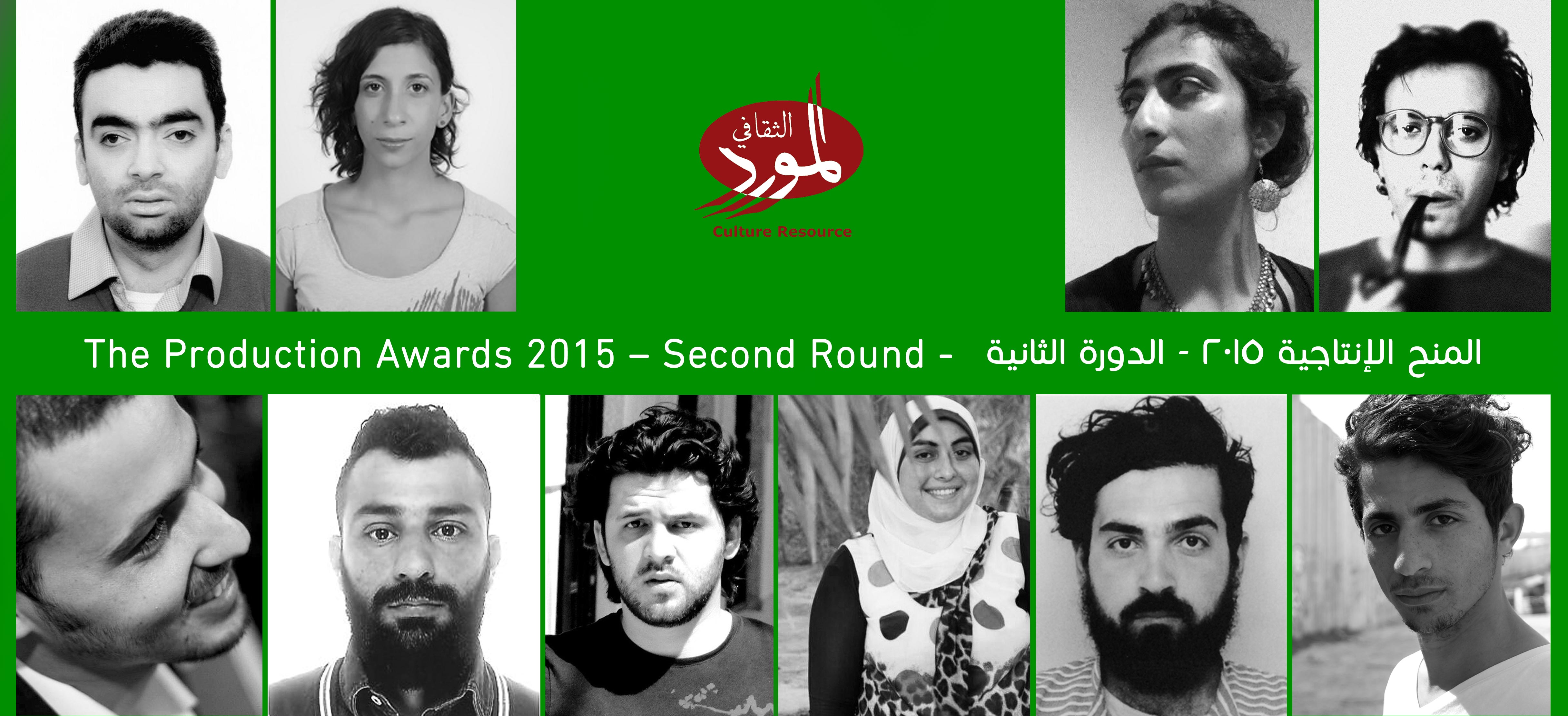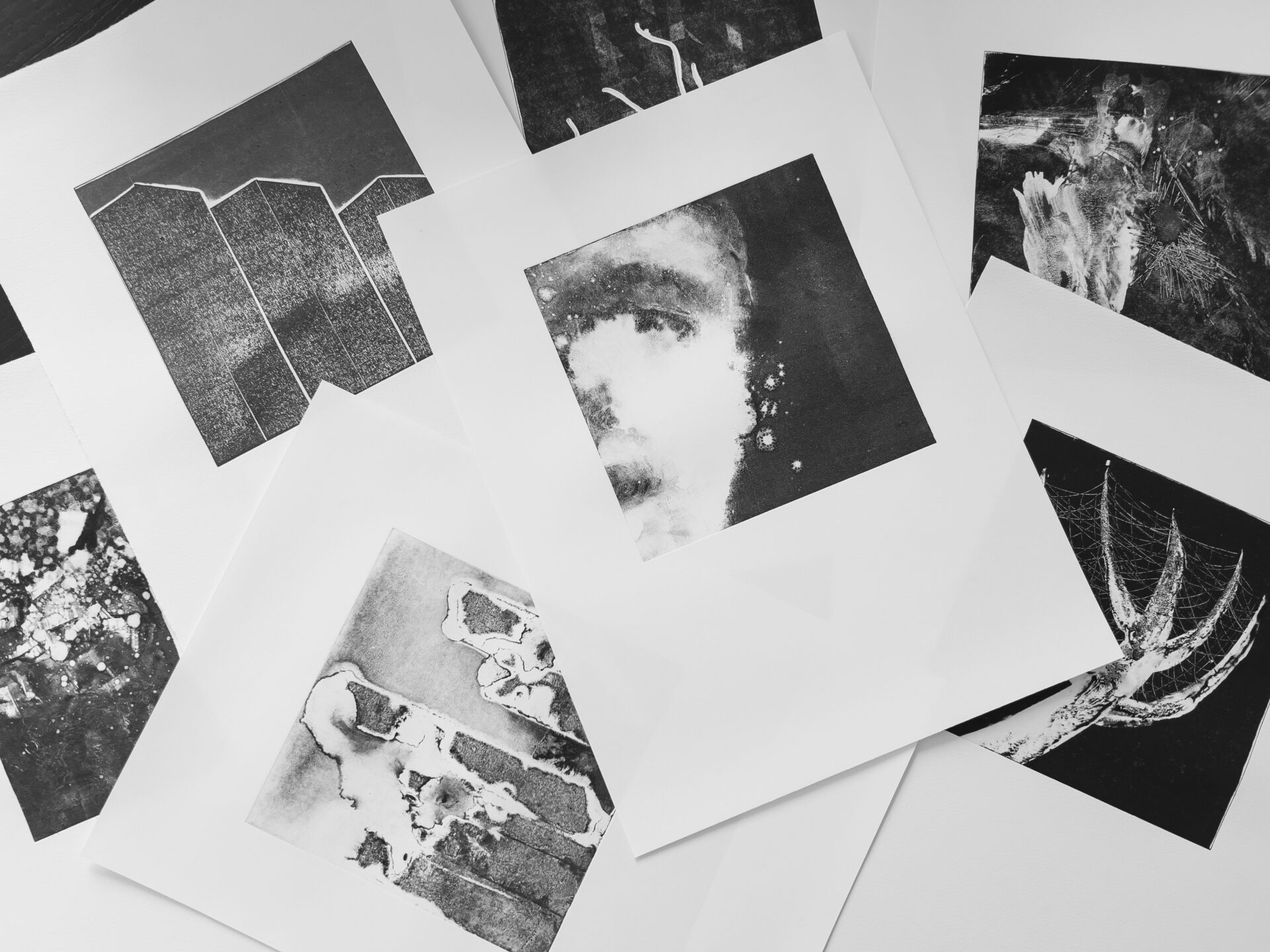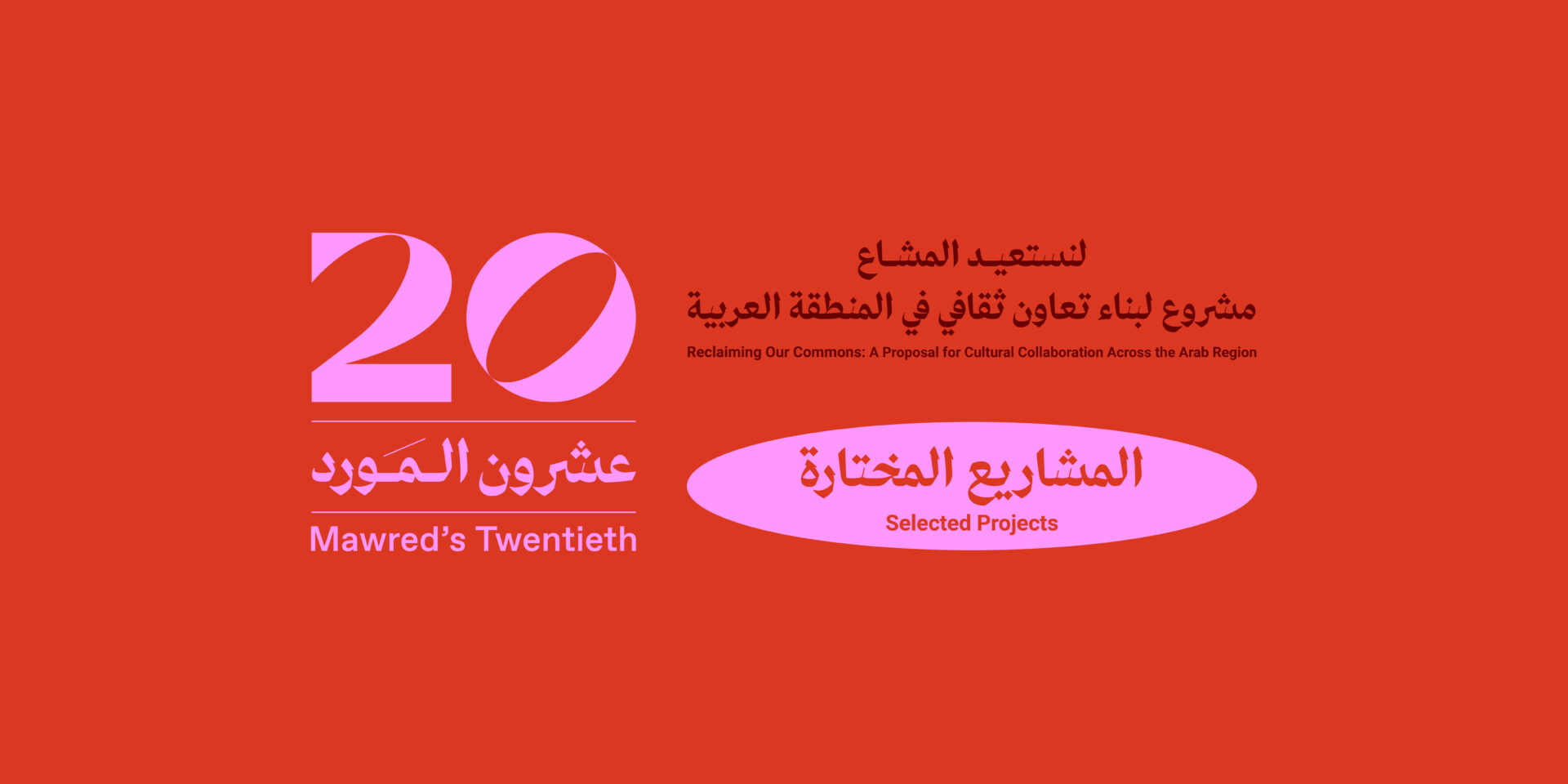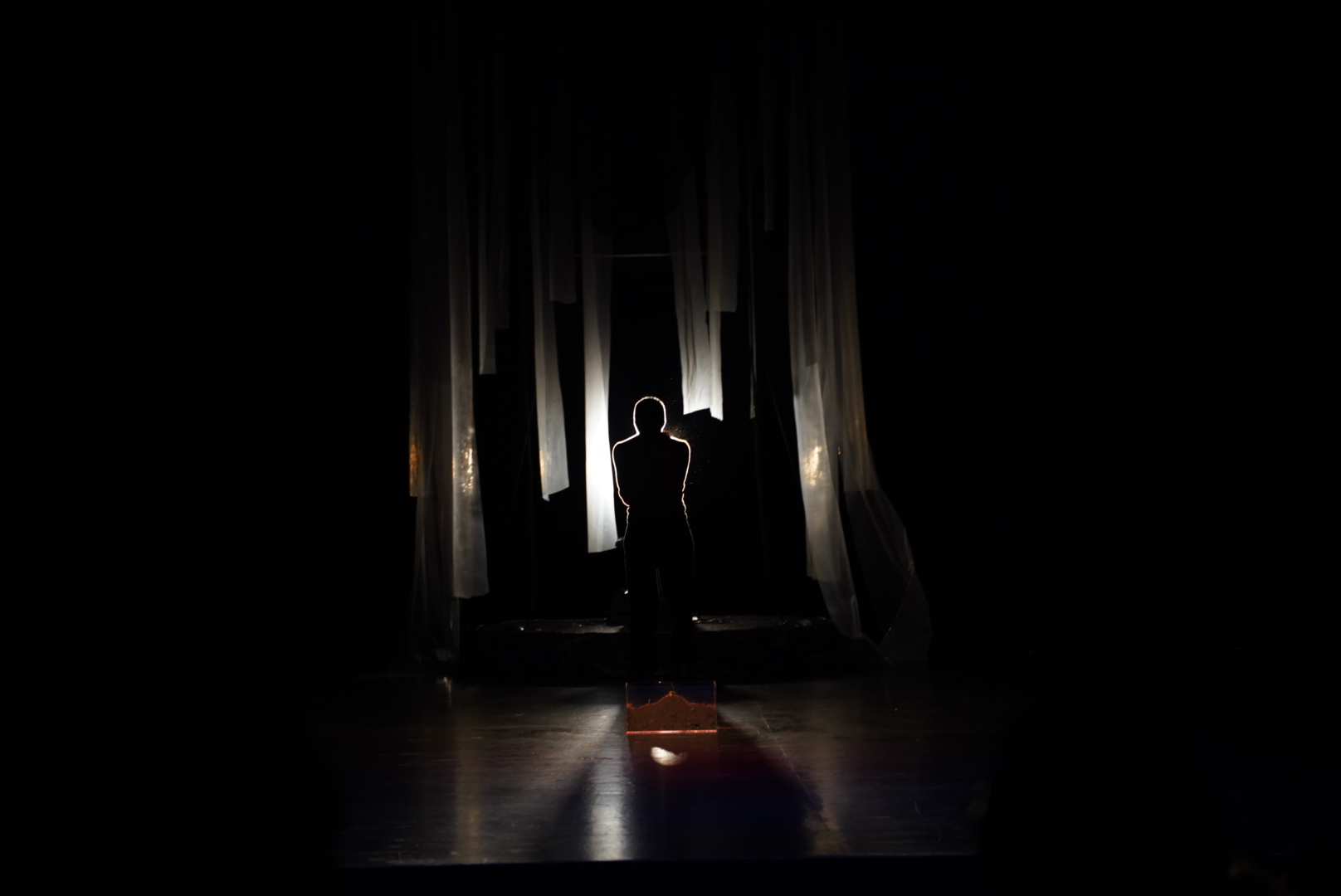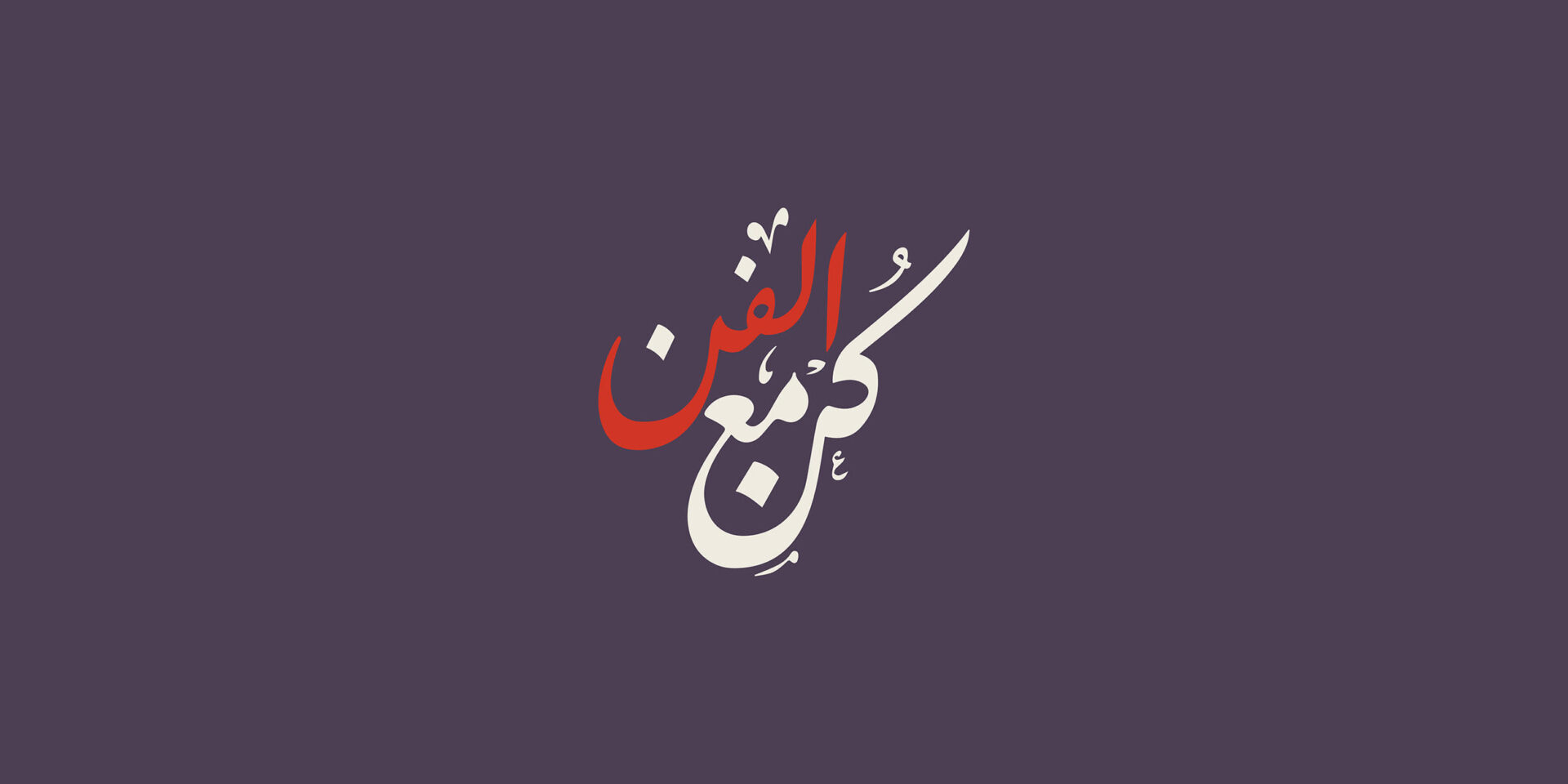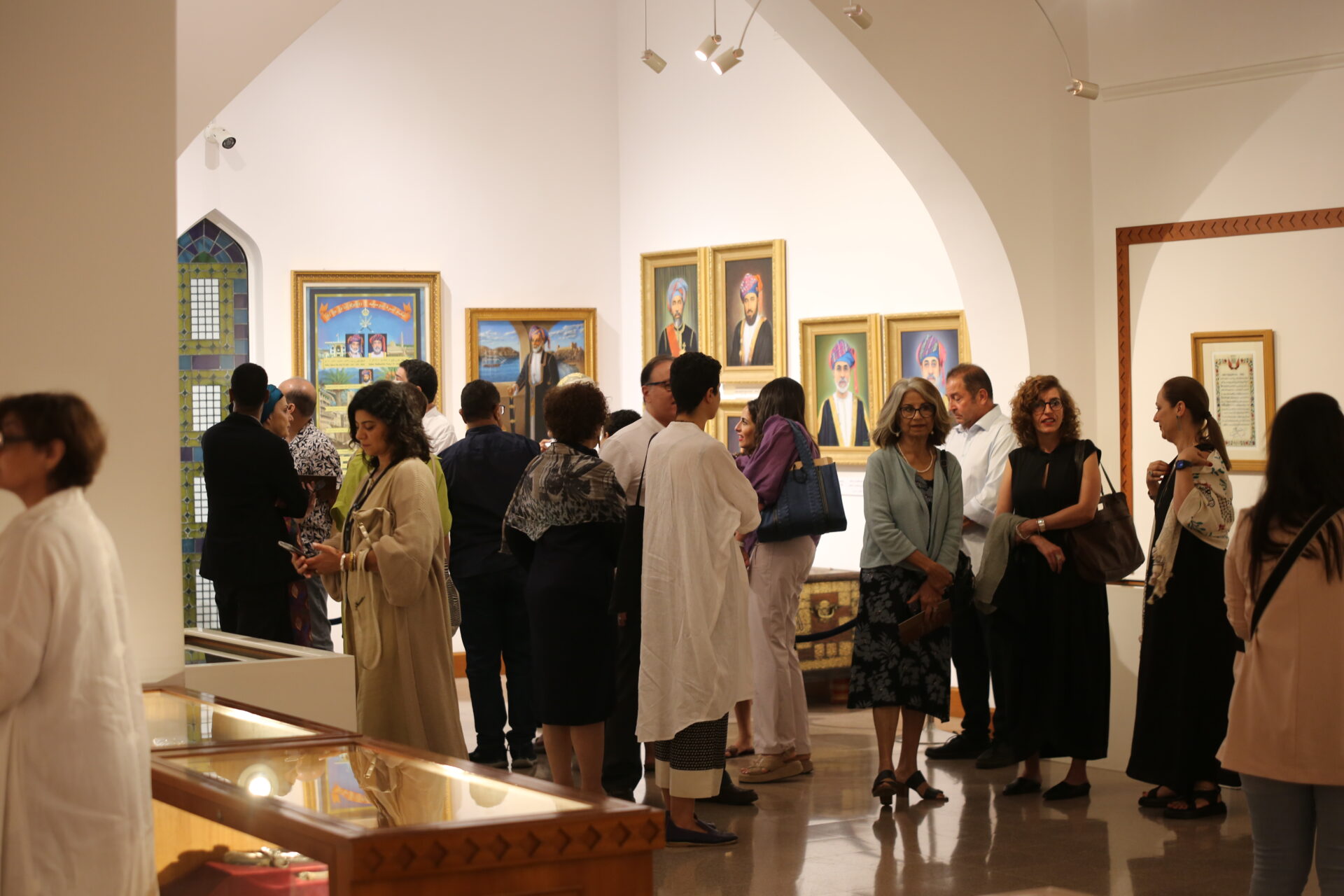Literature:
Ahmad Basha
Syria
Project name: The Crossing
A collection of short stories in which the different protagonists all have in common that their travel route to Europe passes through the Mediterranean Sea. Some of the protagonists in this narration are still considering travelling, while others have already crossed the Mediterranean by plane or on board of ships managed by human traffickers. Some of the narrated events are inspired by true stories of people who tried to reach the safe haven.
The “crossing” symbolizes the transition between two lives: The first is the live of Syrians during the horrific war, depicted with all its details, and the second is the live associated with the arrival of some of the heroes to a foreign continent after their journey on boats, followed by a long walk, together with Iraqis, Afghanis and Africans, from Greece to Europe – the dream.
Asmaa Al Sheikh
Egypt
Project name: Stairways of Turquoise
“Stairways of Turquoise” speaks of the political and religious particularities of Sinai by narrating details of the lives of its inhabitants. The history of this beautiful and bewildering land is narrated through the story of the girl “Rahil” who sees in her dreams visions that take place in the area of Sinai’s al-Teeh mountains and its labyrinthine valleys: dreams about the legend surrounding a Monastery on top of one of Sinai’s Teeh mountains, and dreams about Rahil’s beloved grandfather Mahboub who takes her back to the mystical times of the prophet Moses and his followers who crossed this land. The complexity of the geography adds to the interlacement of the dreams. All too humanely, the characters loose themselves, dream, make their way through this land, only to find themselves suddenly before a stairway to the sky.
Music:
Mustafa Said Hijab
Egypt
Project name: Autism
This contemporary instrumental music project delves into the relationship between the individual and himself, and the individual as part of a group. The composer of this project was inspired by an article by Egyptian activist Alaa Abdel Fattah on autism in which he suggests that the state of autism is inherent to every person. The composer, agreeing with the author, builds on the notion that it should be beauty and usefulness that one should look for rather than what seems to be easy and simple. The composer expresses this notion through an alternative approach to the deployment of Arabic music and the musical system of “Maqamat”. The duration of the composition is about 45 minutes. It is written for 12 musicians and more than 15 instruments.
Sajid Ammour
Morocco
Project Name: Bob Morocco
The “Bob Morocco” band was founded to honour Reggae legend Bob Marley. The band has worked on rearranging Marley’s famous and rebellious songs, mixing these with Moroccan melodies and rhythms using traditional Moroccan instruments like Rebab, Qraqeb, Jumbari and Wtar.
After years of performing and touring in Morocco, Egypt, Germany, France and Spain, the band managed to create its own original sound that is characterized by its African roots (Gnawa and Amazigh music) and its openness to world music (Reggae, Afrobeat). Because of the harmony between the band members and their musical vision, the band has decided to enter a new experience and record the first album that consists of its own melodies.
Theater:
Riham Ishac
Palestine
Project name: I am the Clown
“I am the Clown” is an unconventional artistic performance that combines the arts of sound/picture, performance, and installation. It is an expression of the world of a clown that exists in every person, revealing what remains of spontaneity deep inside of us. It sheds light on the different aspects of our lives through the clown, reflecting images of the world that form our lives: Memories, childhood, home, sounds, love, war, nature, friends, relationships, disintegration, and loneliness. “I am the Clown” opportunely reflects a fragile world and searches for new relationship characteristics within chaos.
Khaled Barghouthi
Palestine
Project name: A Third Intifada
The play is an expression of the mental image of the Intifada, inspired by history and repetitive scenarios of the Palestinian situation characterized by political and security related instability. Palestinian public reactions – especially by Palestinian youth – to oppression and injustice are similar in their features and details, as if the situation is a live repetition of one and the same scenario. This play will focus on how an image is formed in the collective memory of individuals and how it is translated into body language. The play will make the movements abstract and wrest them from the reality from which they emerge, deploying them as individual movements into the dance of the performers.
Visual Arts:
Mohamed Allam
Egypt
Project name: VHS personal recordings from Egypt
The project is mainly based on collected materials on VHS tapes containing personal recordings of mostly anonymous persons who disposed of the tapes for different reasons. The tapes are the entry point for this artistic archive research that looks into the nature of social life throughout different periods of time in Egypt, crossing all classes, and giving importance to all revealed details (places, clothing, décor, songs, dancing, etc…).
Umama Hamido
Lebanon
Project name: Hind
Hind embarks on a journey as an absent witness between the self and the group. She moves between the city of Beirut and the two villages Erssal and Hermel that lie on the Lebanese–Syrian border stretch in the Beqaa Valley. Hind documents the trip by portraying different characters living in a forgotten and marginalized area. Do these characters have names? Do they have an identity? Or do they become legends in those plains where time has other dimensions, and where the harshness and the beauty of the land smell of gunpowder?
Cinema:
Elie Habib
Lebanon
Project name: The remains of Studio Baalbek
The story of this experimental documentary evolves around the biggest production studio in the Arab world, and its lost archive. Located on Charles Helou Boulevard in Beirut, the remains of Studio Baalbek, with its open doors and broken windows, appear like a lifeless place. But even if this biggest production studio in the Arab region had fallen victim to the civil war, it has nevertheless left behind a treasure of an archive of voice recordings and films that still are famous throughout the entire Arab world, spanning productions from Erbil to Amman, and from Damascus to Cairo. Negligence by the Lebanese authorities has led to mold growing on parts of this archive inside the damp underground warehouses.
Adel Khaled
Iraq
Project Name: The Survivors of Paradise Square
This short documentary tells the story of two members of the “Survivors Group” that was founded during the U.S. occupation of Iraq.
Through the film, the spectator follows different phases of the lives of the two characters – The sculptor Bassem Hamad, and the director Adel Khaled – starting with their experience in defying death in Baghdad and their persistence to stay alive. Because of the occupation and the sectarian war, the two are driven out of Iraq and land in Damascus. There, the papers of the two are lost; the “Survivors Group” comes to an end, and each goes his own way. After Bassem moves back to Baghdad, his life ends under mysterious circumstances, and also all his sculptures disappear mysteriously. Adel travels to Europe and discovers that there is no escape from his past.
Members of the Jury:
Literature: Najwa Barakat/ Lebanon – Anouar Benmalek/ Algeria – Khaled Khalifa/ Syria
Music: Azza Median/ Egypt – Tareq Al Nasser/ Jordan – Mohammed-Ali Kammoun/ Tunisia
Theater: Latefa Ahrrar/ Morocco – Amal Omran/ Syria – Ahmed El Attar/ Egypt
Visual Arts: Nadia Kaabi/ Tunisia – Alaa Younes/ Jordan – Mohamad Said Baalbaki/ Lebanon
Cinema: Essam Zakarya/ Egypt – Rashid Mashharawi/ Palestine – Maher Abi Samra/ Lebanon
